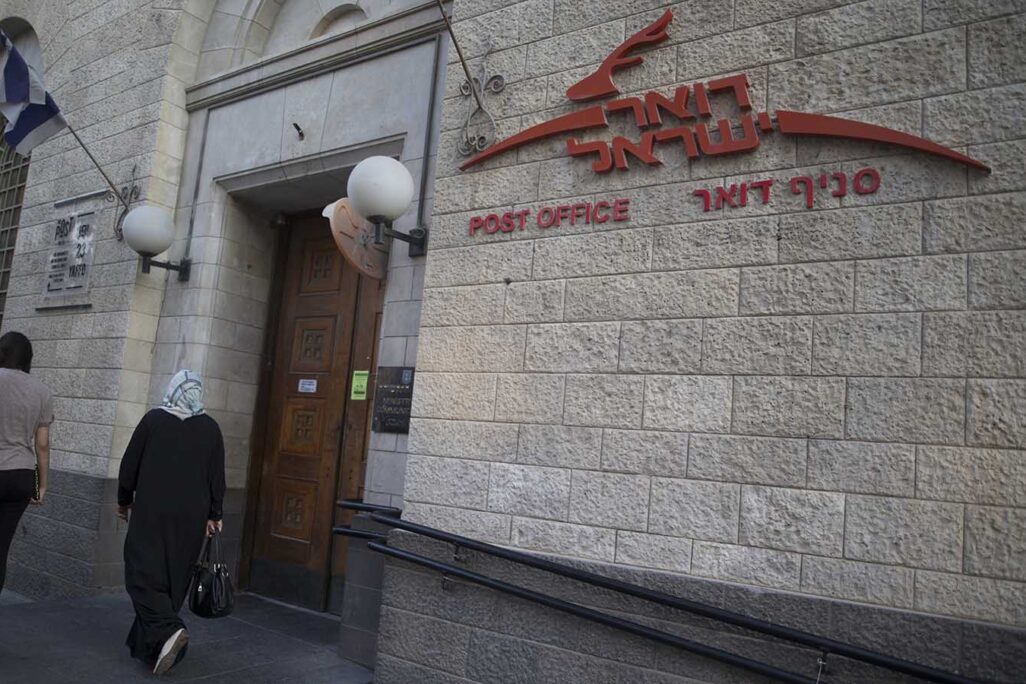
Communications Minister Yoaz Hendel and Finance Minister Avigdor Lieberman reached an agreement last Sunday to sell 100% of the shares of the Israel Postal Company to private investors. The government had previously approved a plan to privatize 40% of the postal company on the stock exchange, but Hendel is interested in withdrawing from that plan in order to fully privatize the post office in one fell swoop.
The Ministry of Communications claims that bringing in private investment with a business orientation will make the company’s management more efficient, improve postal services for the Israeli public, and modernize the company to suit the current era.
The plan for partial privatization, which was approved by Hendel, is predicated on the dismissal of 20% of Israel Post employees, reduction of branches and hours of operation, and a focus on digital services and distribution of packages in order to stabilize the current deficiencies within the postal service. But Hendel now argues that continued public ownership of Israel Post would uphold various long-standing problems, and is therefore interested in the postal service’s full privatization.
Attorney Yigal Levy, a former senior vice president of the Ministry of Communications, warns against the liquidization of public assets, citing the potential for a conflict of interests if the state acts as both owner and service provider.
Ram Belinkov, General Director of the Finance Ministry, supported the original plan to privatize Israel Post’s shares on the stock market in its first phase, and then sell the remaining 60% to a single investor or on the stock market, arguing that changing the format could cause delays in the process.
The Government Companies Authority supported the decision, as control of 60% of the post office maintains the state’s exposure to the postal company’s deficits. The Ministry of Finance has previously said that their main purpose in reforming the postal system is to end this exposure.
The full privatization plan has not yet received final approval, and in the meantime the post office continues to run deficits. One of the main driving factors behind the push for privatization is a desire by private investors to gain access to the real estate currently occupied by Israel Post’s hundreds of branch locations throughout the country, some in highly coveted areas. Today, these locations cannot be used for purposes other than those included in the license of the Israel Postal Company, but private ownership would not be subject to the same restrictions. Under the original plan for partial privatization, the Ministry of Communications intended to transfer some of the post office’s assets to the state and others directly to investors, while also amending the company’s license. This would allow the postal company to close branches in attractive areas and make the properties available for rent or sale at full price.
This article was translated from Hebrew by Zak Newbart.






